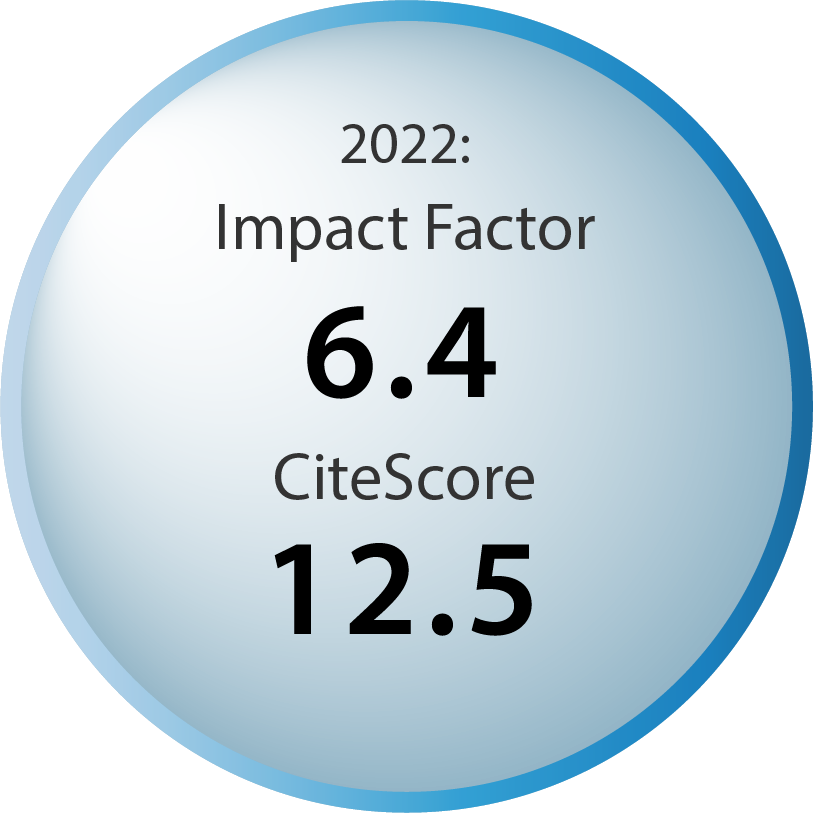Reviews:
Cell Stress, Vol. 9, No. 1, pp. 1 - 15; doi: 10.15698/cst2025.05.303
Probiotics and mediterranean diet for breast cancer management and prevention?
1 Biomedical Science Department, School of Arts & Sciences, Lebanese International University, Tyre, Lebanon.
2 Department of Biological and Chemical Sciences, School of Arts and Sciences, Lebanese International University, Tyre, Lebanon
3 Neuroimmunology Unit, Montreal Neurological Institute, McGill University, Quebec, Canada.
Keywords: gut microbiota, cancer, mediterranean diet, anticarcinogenic activities, personalized dietary strategies, cancer prevention.
Received originally: 16/05/2024 Received in revised form: 30/01/2025
Accepted: 25/03/2025
Published: 08/05/2025
Correspondence:
Ehssan Sharif-Askari, Biomedical Science Department, School of Arts & Sciences, Lebanese International University, Tyre, Lebanon; Ehssan.askari@liu.edu.lb
Conflict of interest statement: The authors declare no competing interests.
Please cite this article as: Ehssan A. Sharif-Askari, Khadija M. Atoui, Ali K. Mteyrek, Lama M. Fawaz (2025). Probiotics and mediterranean diet for breast cancer management and prevention? Cell Stress 9: 1-15. doi: 10.15698/cst2025.05.303
Abstract
The human gut microbiota, a diverse community of beneficial normal flora microorganisms, significantly influences physiological function and the immune response. Various microbiota strains have shown promise in supporting clinical treatment of chronic diseases, including cancer, by potentially providing antioxidative and anti-tumorigenic effects in both in vivo and in vitro studies. Breast cancer, which ranks amongst the top five cancer types common worldwide and particularly in Mediterranean countries, has been showing high incidence and prevalence. In breast cancer, microbiota composition, hormonal dynamics, and dietary choices are believed to play significant roles. Hence, the Mediterranean diet, known for its microbiota-friendly features, emerges as a potential protective factor against breast cancer development, highlighting the potential for personalized dietary strategies in cancer prevention. This comprehensive review highlights the emerging mechanisms by which probiotics support our immune system during different physiological activities. It also discusses their potential role, along with nutrition intervention, in improving essential clinical treatment outcomes in breast cancer patients and survivors, suggesting potential supportive strategies that go hand in hand with clinical strategies. Unfortunately, very little research addresses the possible clinical implications of probiotics and dietary habits on breast cancer, despite the promising results, calling for further studies and actions.
For full text please see the pdf file.
AUTHOR CONTRIBUTIONS
The idea of the article was provided by [ESA]. Literature search and data collection were performed by [KA], and [ESA], and the drafted article was critically revised by [LF], [AM], and [ESA]. The first draft of the manuscript was written by [KA] and all authors commented on previous versions of the manuscript. The final version was edited by [ESA]. All authors read and approved the final manuscript.
ACKNOWLEDGMENTS
Authors would like to thank Ms Rayan Bah-soun from the School of Education, Lebanese International Univer-sity for revising and proofreading the English style of the paper. No funds, grants, or other support was received.
COPYRIGHT
© 2025

Probiotics and mediterranean diet for breast cancer management and prevention? by Sharif-Askari et al. is licensed under a Creative Commons Attribution 4.0 International License.



